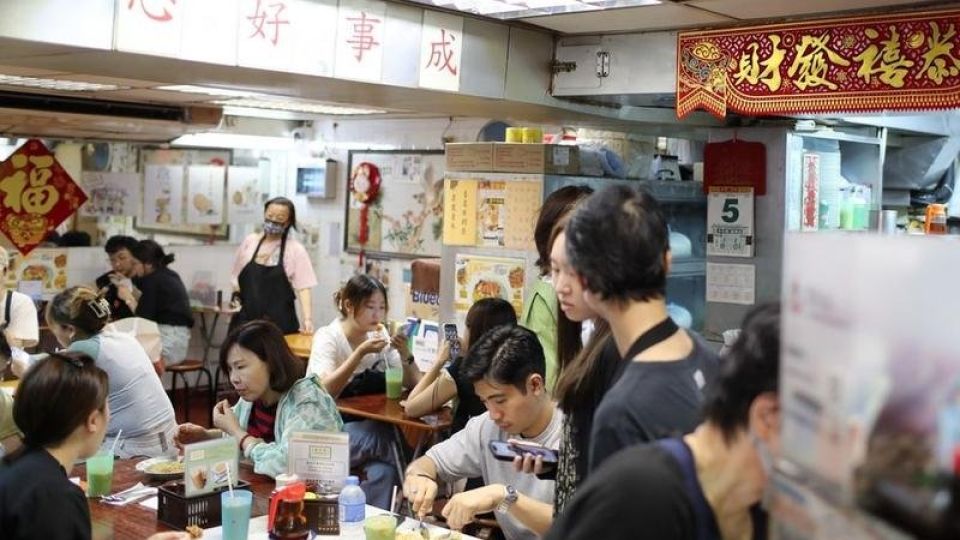November 29, 2023
HONG KONG – The catering and beverage industry in Hong Kong is experiencing a rebound thanks to better market conditions following the COVID-19 pandemic and the innovative product designs and marketing promotions of listed catering services groups.
On Tuesday, Hong Kong-listed quick-service restaurant group Cafe de Coral Holdings reported profits attributable to shareholders for the six months ending Sept 30 had increased by 84.4 percent to HK$200.6 million ($25.71 million) from a year earlier. The profit performance was in line with the positive profit alert announced by the company in October.
Excluding the government’s COVID-19 subsidies received last year, the group’s profits attributable to shareholders for the period was about three times that of the same period last year.
Tam Jai International Co reported its profit had decreased 1.4 percent annually to HK$81.6 million for the six months ended Sept 30. If excluding government subsidies, the figure increased 1.53 times to HK$81.4 million from year ago
Cafe de Coral declared an interim dividend of HK15 cents per share. The catering group’s revenue for the period increased 10.8 percent to HK$4.32 billion.
Earlier, Tam Jai International Co reported its profit had decreased 1.4 percent annually to HK$81.6 million for the six months ended Sept 30. If excluding government subsidies, the figure increased 1.53 times to HK$81.4 million from year ago.
“Given that private consumption expenditure accounts for nearly 70 percent of total gross domestic product, the economy cannot sustain recovery without a healthy expansion of consumption demand, therefore, its change should be closely monitored,” said Thomas Shik, chief economist and head of economic research at Hang Seng Bank.
ALSO READ: ‘Happy HK’ campaign launched to stimulate consumption
“Exports of services and private consumption continued to be the growth driver (in Hong Kong), though the latter continued to lose momentum,” Singaporean-based OCBC Bank said in its research report.
In the third quarter, the growth rate of private consumption moderated, expanding 6.3 percent year-on-year in real terms after growing 8.2 percent in the second quarter alongside the continued economic recovery, according to Census and Statistics Department data. Private consumption growth in the third quarter was mainly attributed to rising household income and the government’s various support initiatives.
The government of Hong Kong Special Administrative Region cautioned that the difficult external environment amid increasing geopolitical tensions and tight financial conditions would continue to weigh on consumption sentiment.
Global real estate advisory services firm Cushman & Wakefield said it observed notable changes in the retail landscape, with consumers increasingly opting for retailtainment, wellness and experiential offerings, which will help drive store upgrades and upward momentum in rents.
READ MORE: HK retail sales jump 13% in Sept in 10th month of growth
Rosanna Tang, executive director and head of research at Cushman & Wakefield Hong Kong added: “The changing retail landscape, including the rise of e-commerce, the strengthened Hong Kong dollar performance against other currencies, as well as competition from neighboring Guangdong-Hong Kong-Macao Greater Bay Area cities, are posing challenges for Hong Kong retailers and mall landlords, spurring them to implement ‘out-of-the-box’ retail solutions to maintain competitiveness.”


